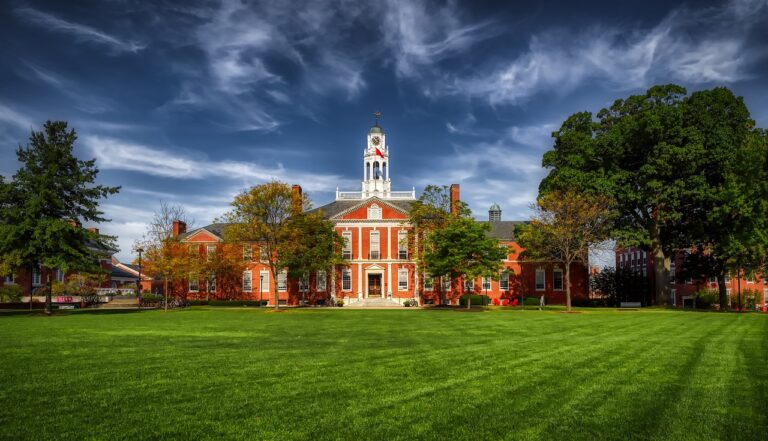Analyzing the Role of Community Colleges in Supporting Non-Traditional Students
Non-traditional students are individuals pursuing higher education who do not fit the typical profile of a college student. This demographic includes older students returning to school after an extended absence, working professionals seeking further education, and individuals balancing academic pursuits with familial or employment responsibilities. Non-traditional students often bring a wealth of life experience and diverse perspectives to the academic environment, enriching classroom discussions and interactions.
These students may face unique challenges such as time constraints, financial burdens, and balancing multiple responsibilities. Navigating the demands of coursework alongside work and family obligations can be particularly daunting for non-traditional students. As a result, these individuals may require additional support and resources to succeed academically and achieve their educational goals.
Definition of Non-Traditional Students
Non-traditional students are individuals who do not fit the conventional mold of college students. They often have unique characteristics such as being older than the typical college-aged student, balancing multiple responsibilities like work and family obligations, or taking non-linear educational paths. These students may have taken a break from their education, have military backgrounds, be returning to school after a long hiatus, or are pursuing a degree while working full-time.
The term “non-traditional students‿ encompasses a diverse group of individuals who bring varied life experiences and perspectives to the academic setting. They often exhibit a high level of motivation and determination to achieve their educational goals despite facing additional challenges. The flexibility and support provided by educational institutions are crucial in assisting non-traditional students in navigating their academic journey and achieving success in their chosen fields.
Challenges Faced by Non-Traditional Students
Non-traditional students often encounter various obstacles as they navigate through their academic pursuits. Balancing responsibilities such as work, family, and school can be incredibly challenging, leading to time management issues and overwhelming stress. These students often juggle multiple roles and face the pressure of meeting academic demands while fulfilling other commitments, creating a delicate balancing act that requires significant effort and organization.
Financial constraints are another significant challenge faced by non-traditional students. Many of these students have limited financial resources and may struggle to cover tuition, fees, and other expenses associated with higher education. Balancing work and school to make ends meet can be daunting, especially when faced with the rising costs of education. These financial pressures can not only affect a student’s ability to focus on their studies but also impact their overall well-being and mental health.





